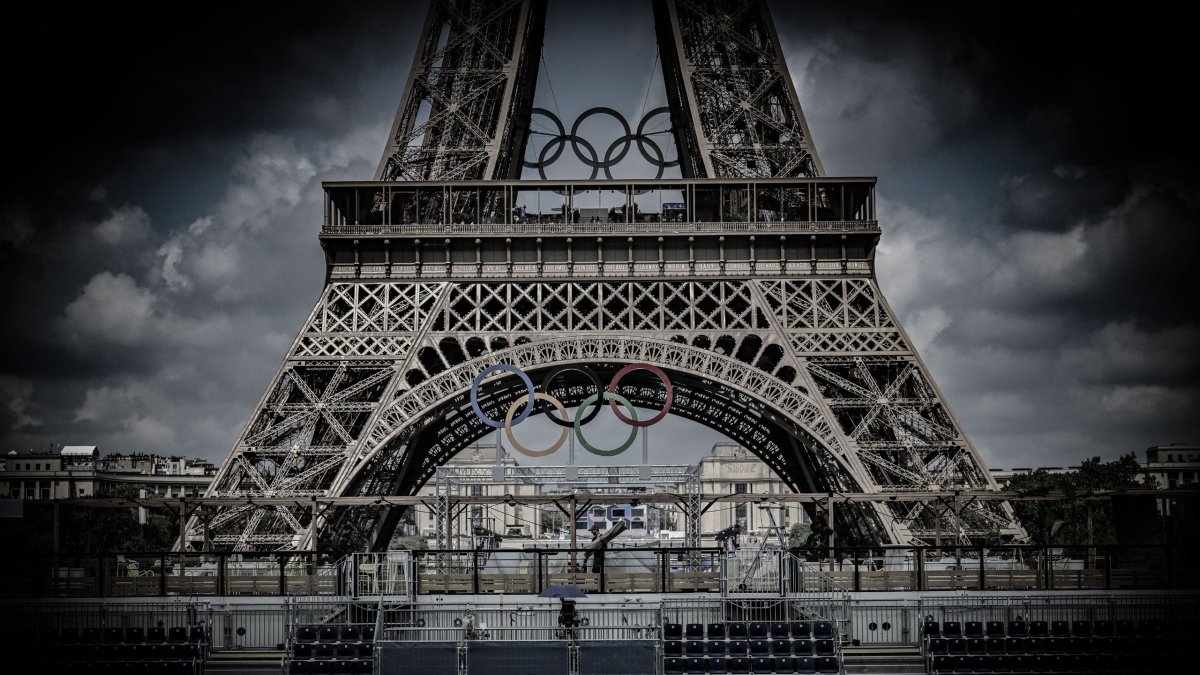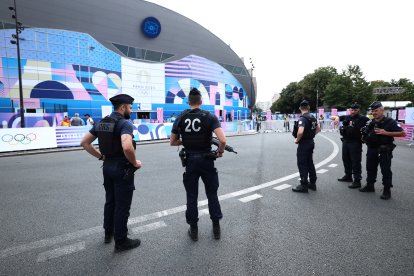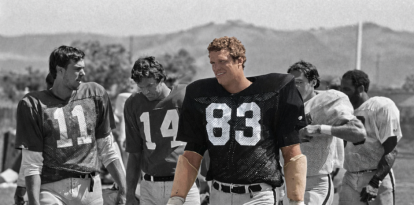Olympic Games Paris 2024: Shadows in the City of Light
The IOC and the French authorities have put in place a series of measures that not only serve to ensure security, but also to control visitors.

Paris 2024 Olympic Games
Never before has the opening ceremony of an Olympic Games been outside a stadium. Until Paris 2024. The International Olympic Committee and the competent French authorities decided to take the inaugural gala outside, to the Seine River, with a course of approximately four miles.
The athletes will cross the river carrying their national flags and accompanied by the cheers and chants of the hundreds of thousands of people gathered on the sides of that artery that divides the French capital in two. For this reason, French authorities have decided to deploy a colossal operation so that no mishap occurs in the ceremony. A security deployment that will keep thousands of agents on alert, with the most sophisticated technology at their disposal, and that will not only be activated for the opening ceremony. This will extend throughout the 19 days the Olympic Games will be held and also in the days leading up to it.
The fact that state-of-the-art technological resources are going to be used leads one to think that the authorities who claim to watch over security are looking for, want or need something else. Perhaps absolute control of everything that moves, including around 16 million visitors, according to a report by Euronews, who are expected to flock to Paris to witness the Olympics live.
AI will make Paris ‘the safest place in the world’... and the best for facial recognition
But how will this control over the citizens who will be walking the streets of Paris during these days be achieved? There are several technologies that will be used to facilitate this work. One of them is artificial intelligence, which, in recent times, has centralized efforts and has amplified the obsession of each developer to be better than the competition.
It is true that A.I. has useful functions for society. For example, the IOC will implement it to improve the Olympic Games experience and to make sports practice more complete. "Our continued success depends on how we embrace the ever-accelerating development of digital technology, and in particular A.I.," committee Chairman Thomas Bach noted.

French riot police at the Parc des Princes
However, the French government and the other relevant agencies are going to use A.I. in another way. Not to improve anyone's experience, nor to make sports practice more complete, but to keep everything that happens on the Champs-Elysées and the rest of Parisian streets under surveillance and review.
Last year, Emmanuel Macron’s government, backed by those in charge of the Olympic Games, pushed a bill to fill Paris with A.I.-assisted video surveillance through fixed cameras, portable cameras and drones. They pleaded that it is necessary to detect any suspicious activity, according to a report by Euronews, and in making France's capital "the safest place in the world" during this time, as stated by Tony Estanguet, president of the Paris 2024 Olympic Games Organizing Committee, in a interview with the Associated Press. This initiative went ahead, which led to the emergence of strong criticism because, in this way, the privacy of individuals is violated as the A.I. is able, for example, to make facial recognition to evaluate facial expressions or gestures.
Personal data sharing
Personal data is another aspect that will be controlled. And the IOC and the French authorities found several ways to throw privacy out the window. For example, through the so-called Game Pass, a QR code that anyone who wants to enter certain areas, such as the approaches to the opening ceremony, needs to show to gain access.
Anyone who wants to access those limited areas will need to have the Game Pass. And to get it, of course, you will have to give personal data, such as your name and last name, residence, etc., and attendees do not know where this information will end up. This includes employees whose jobs are within those areas or those whose home is inside the perimeter.
Another way for the IOC, in this case, to get hold of personal data is through the official application of the Olympic Games Paris 2024. To register, users fill out a form with their data, from their name and last name to their email address.
A city 'made of metal'
"Walk this way, it's closed over there." That could be one of the slogans that the French authorities could give to all those who travel to Paris while the Olympic Games are taking place. The reason is because a maze of metal fences has been constructed to guide visitors and deprive them of free movement.
According to a report by The Guardian, the metal network is composed of around 44,000 fences located in the heart of Paris. In addition to having a margin to prevent possible attacks or massive avalanches of people, they were put up to protect the Eiffel Tower, the Pyramid of the Louvre Museum and other monuments and landmarks of the French capital.
Espionage and terrorism in the spotlight
It should be made clear that implementing such strict security measures also serves what its very name suggests, maintaining security. The authorities are vigilant to any possible terrorist attack that may occur. At the end of May, security forces arrested a young Chechen man who, "in the name of the jihadist ideology of Islamic State," planned to attack in Paris during the Olympic Games.
But the goal is not only to neutralize terrorism, also espionage and cyberattacks. In statements obtained by the Associated Press, the French government assured that it prevented the entry into the country of some 1,000 people suspected of spying for the benefit of other nations.
Agenda 2030, the axis of Paris 2024
The Agenda 2030 could not be missing in an event of such magnitude. The Sustainable Development Goals (SDGs) imposed by the United Nations (U.N.) will be a centerpiece of the Olympic Games.
Before the opening ceremony was set to place, the IOC brought together countries and sport stakeholders to "make clear its determination to ensure that sport contributes to the SDGs."
The IOC's alignment with the U.N. and its SDGs was clearly reflected in the main objective of that summit: "Launch a global 'sport and sustainable development' initiative in five areas: education and employment, health and nutrition, equality and inclusion, sustainability and legacy, and financing and impact measurement."
Some symptoms of that goal are already being seen. For example, with regard to the environment, the IOC decided to place cardboard beds in the rooms of the Olympic Village and no air conditioning to respect its pledge to sustainability.

























